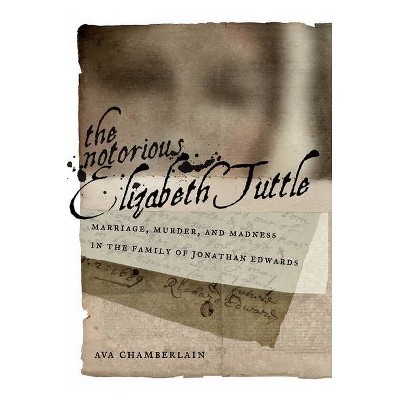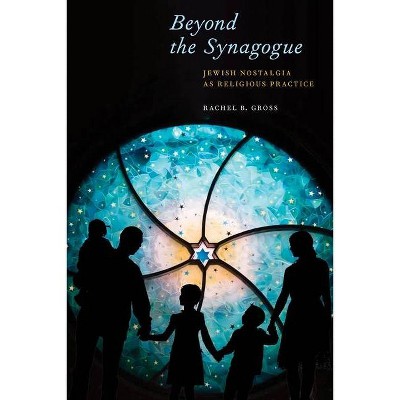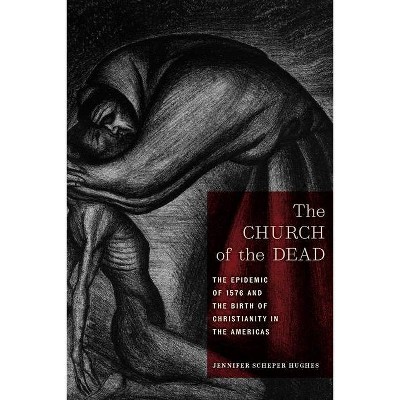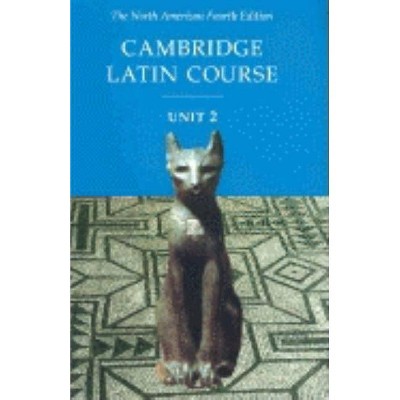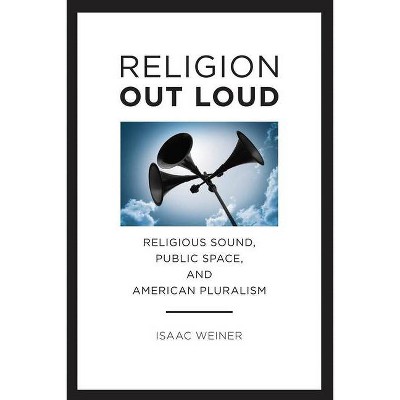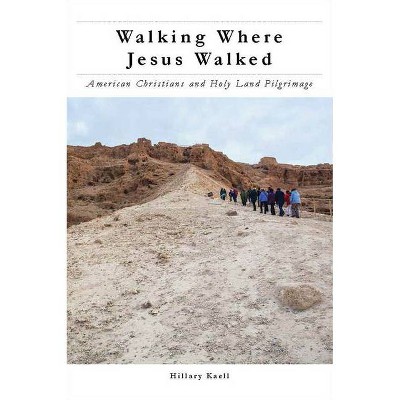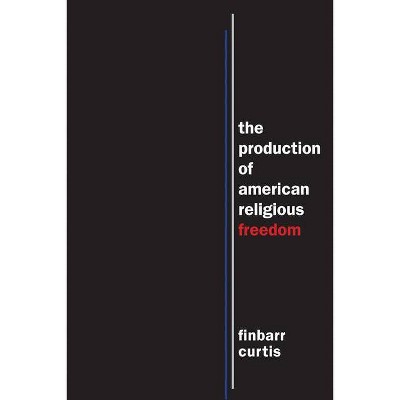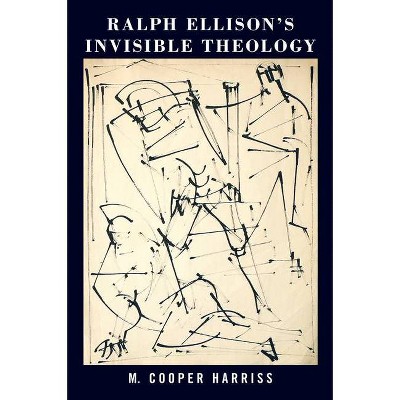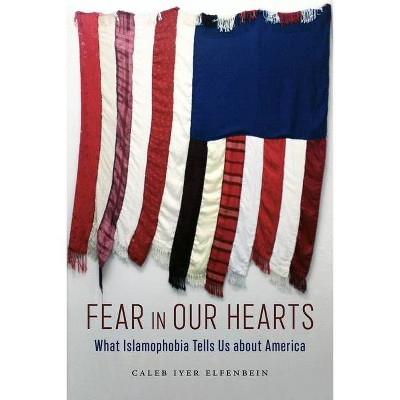The Course of God's Providence - (North American Religions) by Philippa Koch (Hardcover)
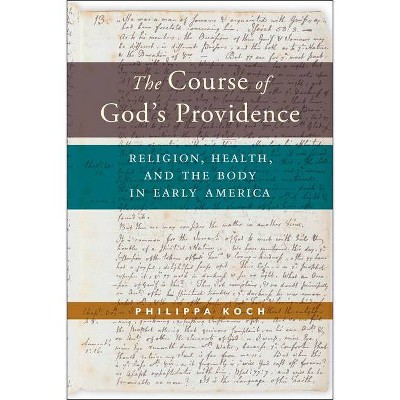
Similar Products
Product info
<p/><br></br><p><b> About the Book </b></p></br></br>"This book tells the story of religion and medicine in the eighteenth-century Atlantic world. It rejects simplistic frameworks of secularization and enlightenment and emphasizes, instead, continuing and powerful Protestant ideas of God's oversight in shaping and motivating human activity in the realms of narrative, medicine, missions, charity, and maternity"--<p/><br></br><p><b> Book Synopsis </b></p></br></br><p><b>Shows that a religious understanding of illness and health persisted well into post-Enlightenment early America</b> <p/>The COVID-19 pandemic has demonstrated the power of narrative during times of sickness and disease. As Americans strive to find meaning amid upheaval and loss, some consider the nature of God's will. Early American Protestants experienced similar struggles as they attempted to interpret the diseases of their time. <p/>In this groundbreaking work, Philippa Koch explores the doctrine of providence--a belief in a divine plan for the world--and its manifestations in eighteenth-century America, from its origins as a consoling response to sickness to how it informed the practices of Protestant activity in the Atlantic world. Drawing on pastoral manuals, manuscript memoirs, journals, and letters, as well as medical treatises, epidemic narratives, and midwifery manuals, Koch shows how Protestant teachings around providence shaped the lives of believers even as the Enlightenment seemed to portend a more secular approach to the world and the human body. <p/>Their commitment to providence prompted, in fact, early Americans' active engagement with the medical developments of their time, encouraging them to see modern science and medicine as divinely bestowed missionary tools for helping others. Indeed, the book shows that the ways in which the colonial world thought about questions of God's will in sickness and health help to illuminate the continuing power of Protestant ideas and practices in American society today.</p><p/><br></br><p><b> Review Quotes </b></p></br></br><br>A beautifully written cultural and intellectual history focused on intersections between lived theology and medicine in 18th-century America. With an eye toward the realities of today (including the COVID-19 pandemic), Koch dives deeply into the hearts and minds of Enlightenment-era Protestants who "depended on, doubted, challenged, and celebrated God's providence" as they contended with experiences of sickness and health. She draws on a variety of sources--including pastoral manuals, journals, letters, epidemic narratives, and medical treatises--to show how belief in divine providence shifted perceptions of illness and death, helped people claim agency in their medical treatment, and shaped approaches to midwifery and childbirth.-- "Christian Century"<br><br>A well-researched, engagingly written, and convincingly argued book ... Koch's interpretation of eighteenth-century religious ideas about health is nuanced, sophisticated, and (it should go without saying) historically grounded. It stands on its own. But if we were to seek lessons in the book that apply to the COVID-19 pandemic, we might look no further than Koch's argument that communities reveal their priorities and identities as they respond to disease.-- "Nursing Clio"<br><br>In <i>The Course of God's Providence</i>, Philippa Koch brings to life believers from this era who were confident of God's direction in their earthly affairs. Koch argues that 18th-century Protestants upheld trust in God's providence in distinctive ways during sickness ... The idea Koch excavates from the 18th century is serviceable for our time too. Narrative is a necessary response to sickness.-- "Christianity Today"<br><br>A model of a new kind of intellectual history that links the ideas of elites with the bodily experience of ordinary people. Against the notion that the scientific revolution and the Enlightenment were already eroding providentialism by the early eighteenth century, Philippa Koch shows that trust in a divine plan persisted throughout the colonial period as Protestants interpreted health, illness, and childbirth. A splendid achievement and a must-read for anyone interested in lived religion in early America.--Peter J. Thuesen, author of Tornado God: American Religion and Violent Weather<br><br>Philippa Koch's moving history of religion and medicine is as timely as it is gorgeously written. Her book speaks not only to the creative ways early Americans narrated the role of providence in medicine and health but also to the longstanding and so very human need we have, past and present, to make sense of sickness, suffering, and health.--Anthony Petro, author of After the Wrath of God: AIDS, Sexuality, and American Religion<br><br>Provides a theologically sophisticated yet immensely readable exploration of how religion helped eighteenth-century people understand disease. But it is far more than that. Koch offers profoundly humane insights into how the stories people told themselves in times of suffering made--and still make--sense of life and death, of selfhood and agency. Her book is a remarkable accomplishment.--Daniel K. Richter, McNeil Center for Early American Studies, University of Pennsylvania<br><br>Reading across the fuzzy line of theological and scientific texts, <i>The Course of God's Providence</i> reveals the importance of embodied knowledge for early American settler understandings of health and healing. This book offers a bold rethinking of the stakes and meaning of thinking across religion and health care at a time when such perspectives are desperately needed.--Pamela E. Klassen, author of The Story of Radio Mind: A Missionary's Journey on Indigenous Land<br><p/><br></br><p><b> About the Author </b></p></br></br><b>Philippa Koch</b> is Assistant Professor of Religious Studies at Missouri State University. Her research and teaching center on religion, health, and society in early America and its global context.
Price History
Price Archive shows prices from various stores, lets you see history and find the cheapest. There is no actual sale on the website. For all support, inquiry and suggestion messagescommunication@pricearchive.us
